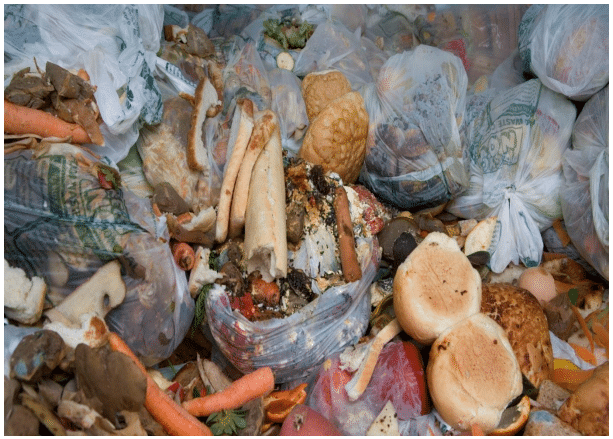The International Energy Agency recently issued its second Outlook for Biogas and Biomethane. It concluded…
WRAP publish new industry guidance: Dealing with Household Food Waste at AD Facilities
Following feedback from members of the FWRAP Steering Group, the Waste and Resource Action Programme (WRAP) have republished their industry guidance on ‘Dealing with Household Food Waste at AD Facilities – Management of Liners’.
Dealing with Household Food Waste at AD Facilities – Management of Liners
The guidance, which can be downloaded by clicking here, has been designed to assist wet AD operators accepting and treating household food waste from local authorities and the food supply chain including food manufacturers and retailers.
The guidance has been undertaken in consultation with a number of stakeholder groups. It deals with the management of liners, in particular polyethylene liners and aims to summarise the key issues that operators are faced with as well as setting out standard operating procedures for complying with PAS 110.
Since the use of liners have been seen to increase public participation of food waste recycling significantly, an increasing numbers of local authorities are now allowing the use of plastic (PE) liners in food waste collections as opposed to compostable liners. Plastics are however one of the main contamination or quality related concern for all AD systems, and in particular for wet AD systems. If the digestate product visually contains significant amounts of plastics it will fail to comply with PAS 110.
Therefore, to ensure plastic contamination in the end product is minimised, there is a need for food collection and treatment systems to be closely aligned. With this in mind, the guidance sets out Standard Operating Procedures (SOPS) for the acceptance and management of food waste in liners, which include:
- Contractual specifications;
- Pre-waste acceptance procedures;
- On site waste acceptance procedures;
- Identification of contamination prior to treatment; and
- Removal and management of contamination.
The guide also sets out potential innovative approaches that could be used to increase collaboration between those producing the waste, those responsible for its collection and the AD operators, including learning from and adopting systems used to measure physical contaminants in the rest of Europe.

The Food Waste Recycling Action Plan (FWRAP)
The Food Waste Recycling Action Plan (FWRAP) is a cross-industry initiative to increase both the supply and quality of household and commercial food waste available for recycling. The Action Plan sets out a series of actions to:
- Increase the amount of food waste collected;
- Provide long term sustainable feedstocks for the AD and IVC sectors; and
- Share the costs and benefits of collecting and recycling food waste.
If you have any questions about FWRAP and would like to find out more about it, feel free to contact me on emiliano.lewis@adbioresources.org.
